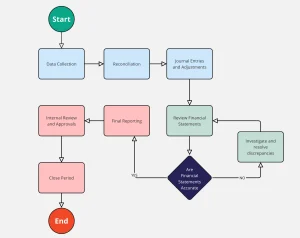
If you have ever been under audit, you’ve likely wondered what you should do. A tax audit is a thorough examination of your tax return by either the Internal Revenue Service or the tax authority in your state. The IRS, like most government agencies, can do this to ensure that you are complying with the law. Often, the IRS can find mistakes that you haven’t noticed. But the IRS won’t stop an audit if you don’t make changes to your tax return.
If you’ve received a notice about a tax audit, you should open it as soon as possible. The amount of time you have to respond will depend on the type of audit you’re facing. If you’ve already filed your tax returns, however, you’ll want to make sure you’re prepared for the meeting. You can respond in a manner that’s most favorable for your situation. You should read IRS Publication 1 beforehand to make sure you understand what you’re up against. If you’re unsure of what to do, contact your audit supervisor or tax pro.
If you think you can talk your way out of an IRS audit, you’re likely to get a rude awakening. The IRS has instituted procedures designed to extract more money from taxpayers. If you’re not prepared for your audit, you may give up and pay the tax man a large amount of money they didn’t owe. However, the better prepared you are, the better your chances of avoiding an audit. In the meantime, you’ll be able to make the best of your time and protect yourself from further embarrassment.
During the audit process, you should be prepared to deal with any issues that arise. Factual disputes should be resolved during the meeting; however, any legal differences may require an appeal process. After the audit, you’ll be notified of any issues and the estimated amount owed. Your representative will be assigned to help you resolve any issues. During the final conference, the Department will let you know if any adjustments need to be made to your returns.
While an IRS audit may not be the end of your life, it can be a frightening experience. A tax audit can be an intimidating prospect, but you can make the experience more manageable by following these tips. The IRS will be sympathetic, and they’ll help you through the process. There are many ways to prepare for your audit. But first, you have to know what to expect. It is crucial to understand the rules and the process.
Whether your audit is conducted by the IRS through a mail audit or an office or field audit, you should always prepare in advance for the meeting. You will likely be asked to provide documentation for different tax years. Be prepared to explain why you didn’t provide certain documents. If your records were destroyed, you may be required to provide copies instead. Remember that the IRS may ask for the original documents. And they’ll probably ask for copies of them, so keep copies of them.




